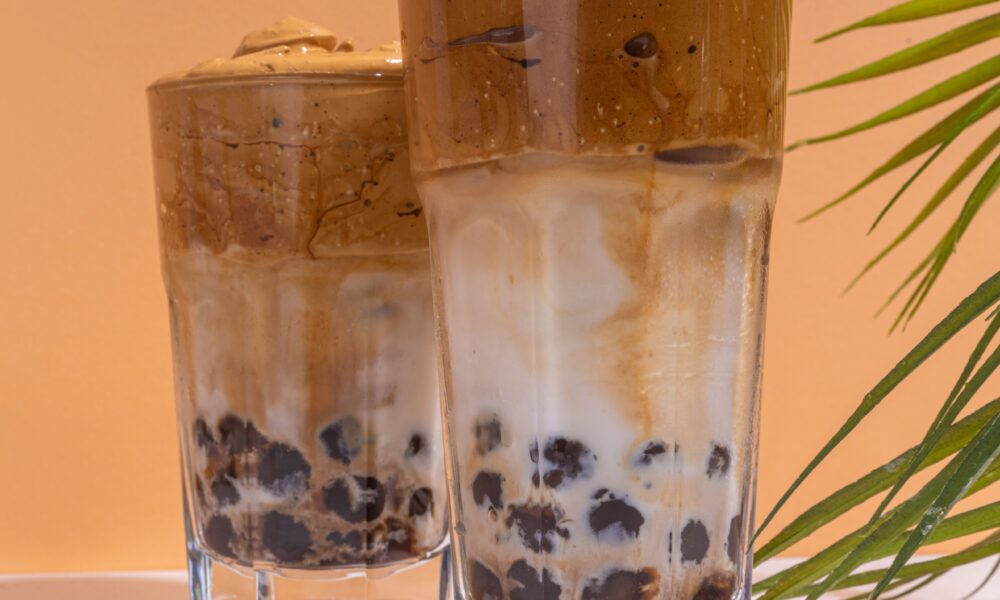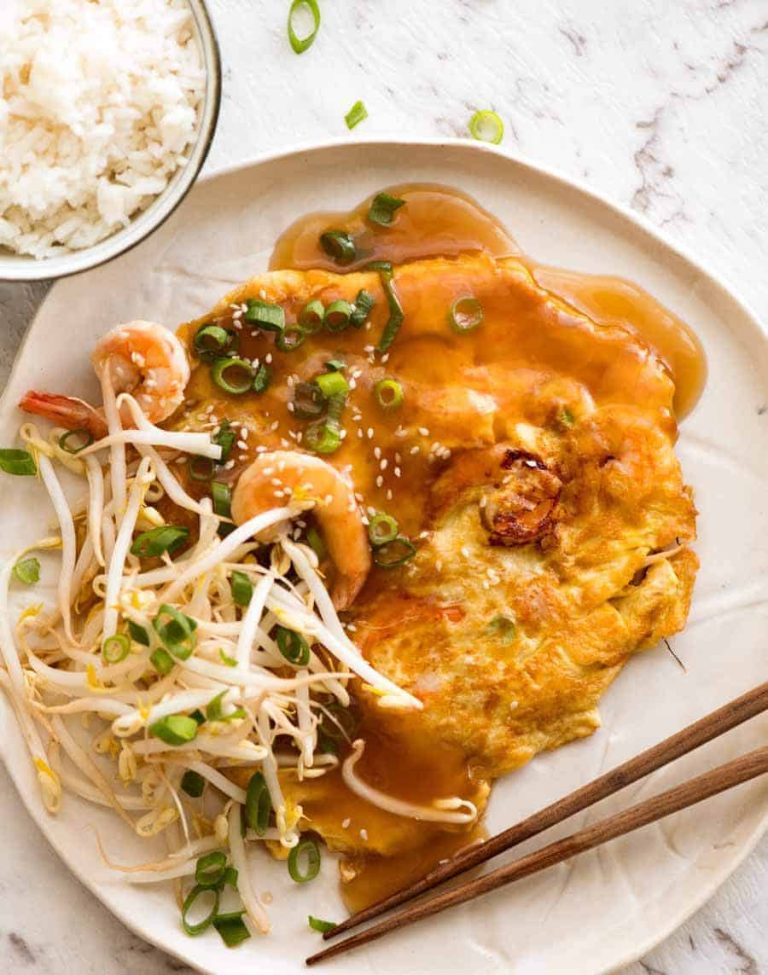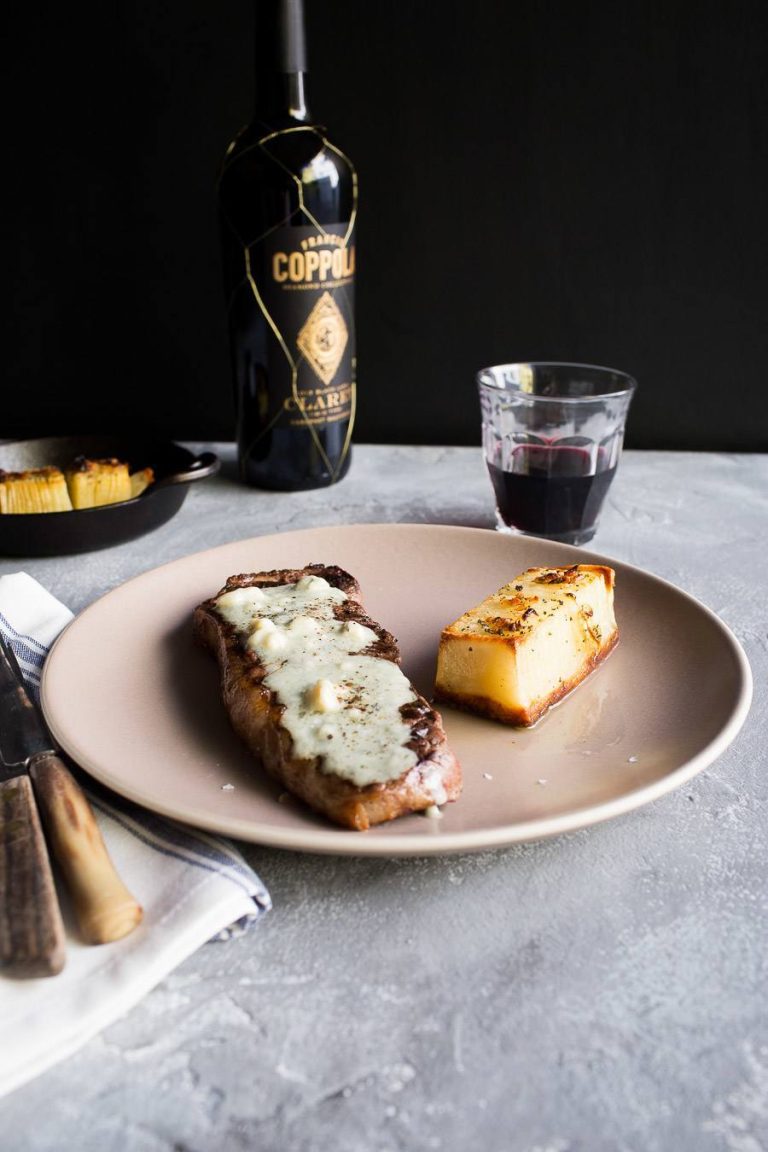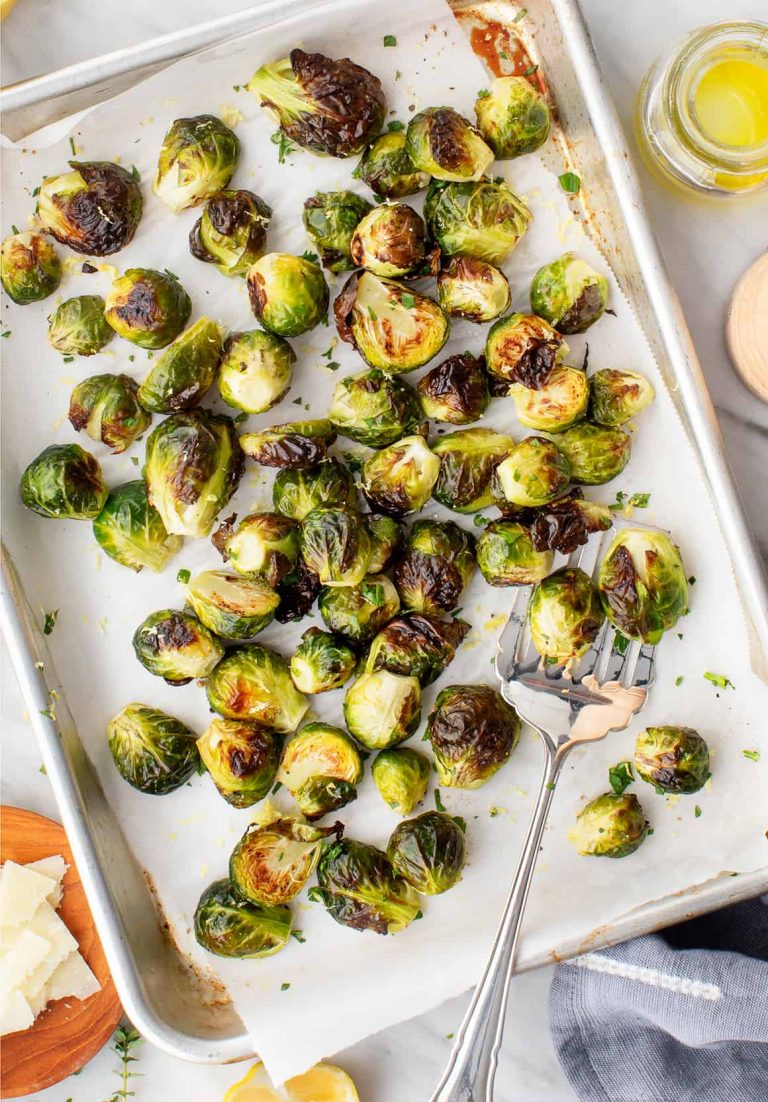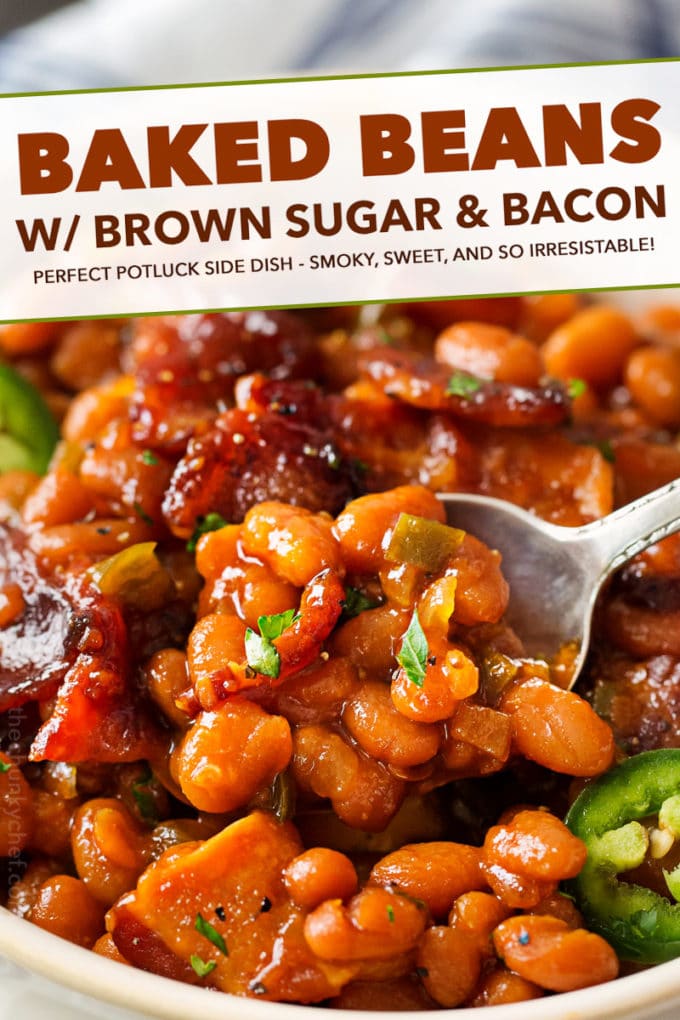Thai Coffee: History, Brewing Methods, and Top Cafés for Authentic Flavor
Coffee cultivation in Thailand began in the late 1970s. Farmers in the northern regions, especially in Chiang Mai and Chiang Rai, started growing Arabica beans. The Royal Project Foundation, initiated by King Bhumibol Adulyadej, aimed to replace opium poppy fields with coffee plantations. This initiative successfully improved livelihoods and promoted sustainable agriculture.
The favorable climate in the highlands, characterized by cool temperatures and misty mornings, provides ideal conditions for coffee plants. Thailand’s coffee industry has grown significantly, exporting high-quality Arabica beans globally.
Influence of Different Cultures on Thai Coffee
Thai coffee boasts unique flavors and preparation methods due to various cultural influences. Traditional Thai iced coffee, known as “Oliang,” combines robust coffee with sweetened condensed milk, reflecting a blend of local and Western tastes. This drink is often sold by street vendors and enjoyed by locals and tourists.
Additionally, the influence of neighboring countries is evident in Thai coffee practices. For example, the use of spices such as cardamom and star anise in coffee draws inspiration from Indian and Chinese cuisines. These cultural integrations create a distinctive profile for Thai coffee, making it a diverse and vibrant component of Thailand’s culinary landscape.
Key Varieties of Thai Coffee
Arabica Coffee in Northern Thailand
Arabica coffee thrives in northern Thailand, particularly in regions like Chiang Mai and Chiang Rai. The climate in these highland areas supports the cultivation of high-quality Arabica beans. This variety is known for its smooth, aromatic profile with fruity and floral notes. Thai Arabica often scores highly in international coffee competitions, showcasing its premium quality. The Royal Project Foundation has played a pivotal role in aiding farmers to grow Arabica, promoting sustainable agriculture and generating substantial economic benefits for local communities.
Robusta Coffee in Southern Thailand
Robusta coffee predominantly grows in southern Thailand, where the tropical climate and lower altitudes create optimal conditions. Compared to Arabica, Robusta beans have a stronger, more bitter flavor profile, often described as earthy or nutty. This variety contains higher caffeine content, making it a preferred choice for espresso blends and instant coffee production. Provinces like Chumphon and Surat Thani are major centers for Robusta cultivation, contributing significantly to both the domestic and export markets. Robust flavor and high yield make Robusta a valuable crop for Thai farmers.
Unique Preparation Techniques of Thai Coffee
The Art of Thai Iced Coffee
Thai iced coffee, or “Oliang”, combines coffee with unique ingredients like sweetened condensed milk and spices. You’ll find that this preparation technique highlights the cultural fusion within Thai coffee. Start by brewing a strong coffee base using Arabica or Robusta beans. Add cardamom, corn, soybeans, and sesame seeds to the coffee ground to create a mixture that embodies Thai flavors. Pour the brewed coffee over a generous amount of ice. Then, mix it with condensed milk for sweetness and a creamy texture. Serve in a tall glass for an authentic experience.
Traditional Hot Brewing Methods
Traditional hot brewing methods for Thai coffee emphasize simplicity and strong flavors. Begin with freshly ground Thai Arabica or Robusta beans. Use a cloth filter, resembling a small sock, to steep the coffee. Boil water and pour it through the coffee grounds, catching the brewed liquid in a pot or mug. Repeat the pouring process several times for a richer flavor. If you prefer sweetened coffee, add sugar directly to the brew. These methods date back to the origins of Thai coffee culture and offer a deep, robust cup unique to Thai traditions.
Where to Find Authentic Thai Coffee
Best Cafés in Thailand for Local Coffee
Experience authentic Thai coffee by visiting the best cafés across Thailand. In Bangkok, head to Rocket Coffeebar for a taste of meticulously brewed Arabica. If you’re in Chiang Mai, Ristr8to offers award-winning Thai coffee with a focus on latte art.
Doi Chang Coffee House in Chiang Rai provides a direct link to the region’s coffee culture, offering beans from local farms. For a unique experience, visit Akha Ama Coffee in Chiang Mai, which emphasizes sustainability and fair trade practices. Gallery Drip Coffee in Bangkok specializes in pour-over techniques for those who appreciate meticulous brewing processes.
Shopping for Thai Coffee Abroad
Find authentic Thai coffee even when you’re not in Thailand by knowing where to shop. Retail giants like Amazon and Walmart stock Thai brands such as Doi Chaang and Birdy. Specialty online stores like Thip Co and Coffee Bean Direct offer a variety of Thai coffee options, including whole beans and ground blends.
Look for local Asian markets in your city; they often carry popular Thai coffee brands. Subscription services like Atlas Coffee Club include Thai coffees in their international selections, offering you a chance to regularly explore new flavors from Thailand. Shopping at these locations guarantees you access to authentic Thai coffee flavors, no matter where you are.
Conclusion
Exploring Thai coffee offers a rich journey through history, culture, and unique flavors. Whether you’re savoring a cup in Thailand’s top cafés or finding authentic beans abroad, Thai coffee promises a delightful experience. Embrace the sustainability efforts and community benefits behind each cup, and enjoy the fusion of traditional and modern brewing techniques. Wherever you are, Thai coffee can bring a taste of Thailand right to your doorstep.
